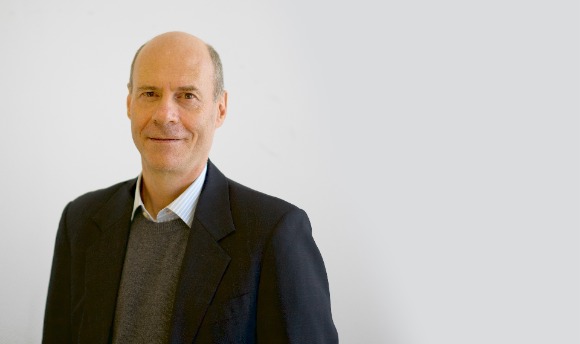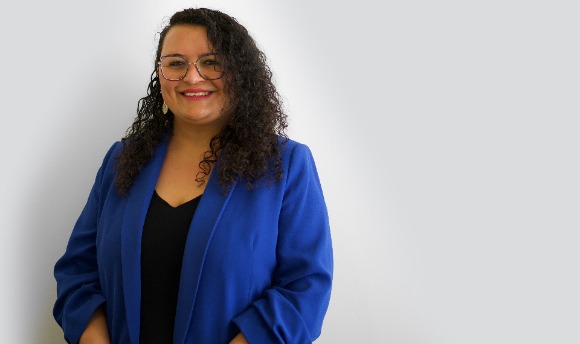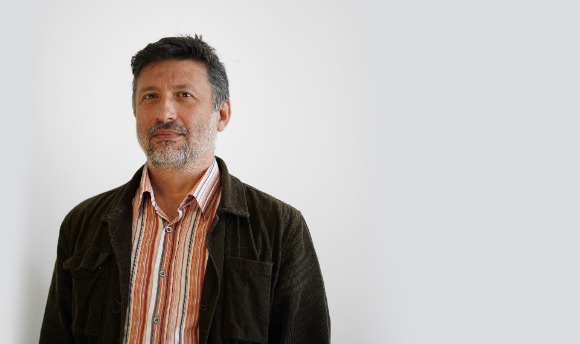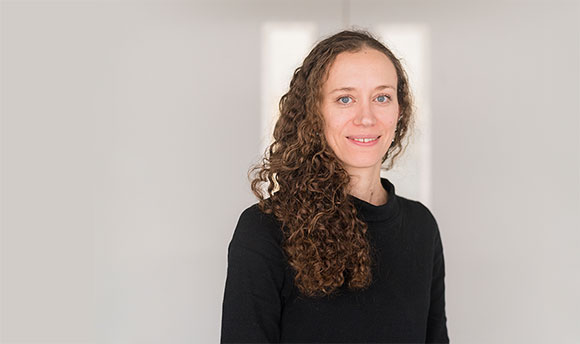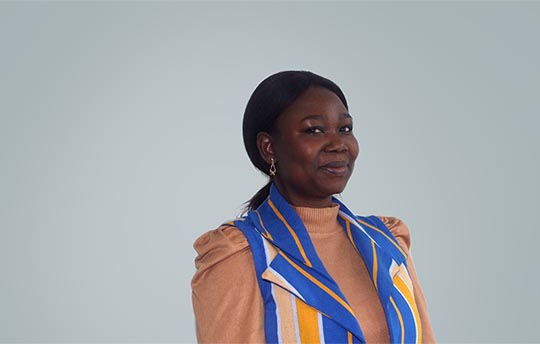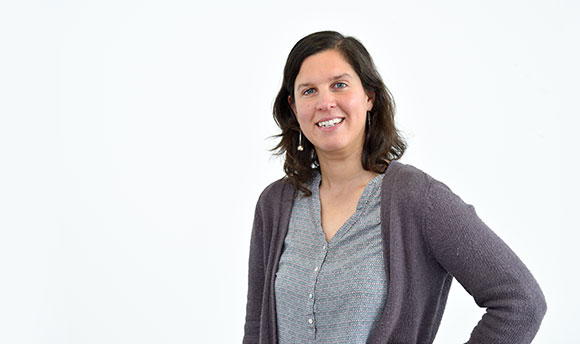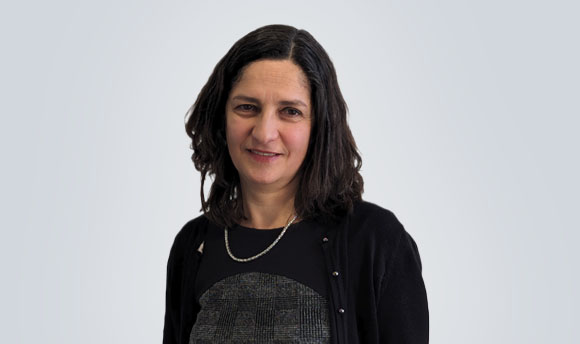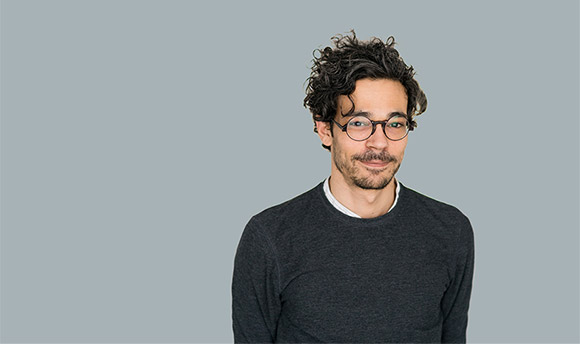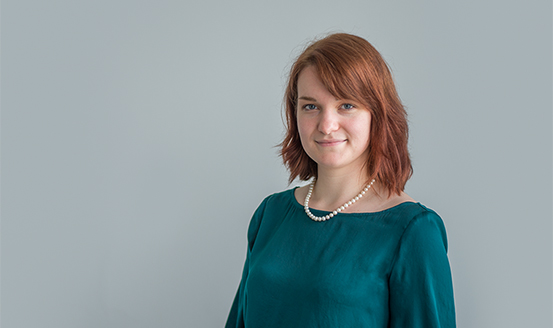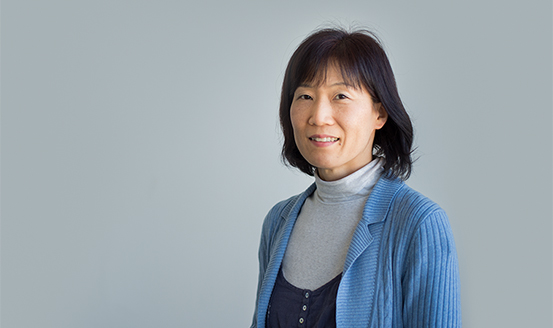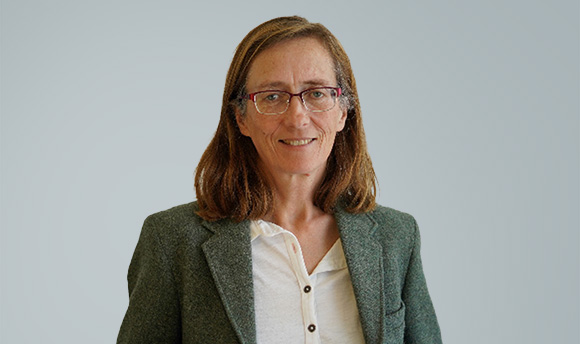Israel and Gaza
October 30, 2023
Like many others, we are deeply troubled by the recent attacks on Israeli civilians by Hamas, as well as the escalating violence and suffering inflicted by the State of Israel on the Palestinian civilian population of Gaza. As the leadership of a global health institute, this conflict lays bare difficult questions about the role and position of institutions like ours in an increasingly fractured world. We could be asked, why is this conflict different from all other conflicts? Why did we not speak up about the Nagorno-Karabakh conflict in Azerbaijan, the civil war in Sudan, or the ongoing Russian war against Ukraine? These are legitimate questions, and we will need to reflect on this.
The attacks against civilians in Israel by Hamas on 7 October demands condemnation. However, these attacks in no way justify Israel's horrifying response. The mass killing and displacement of civilians, targeting of humanitarian infrastructure, and the collective punishment of Palestinians are clear violations of international law. The government of Benjamin Netanyahu must be held to account.
As an institute claiming to stand for human rights and global justice, we cannot stay silent in the face of the systemic oppression and scale of violence against the Palestinian people. Our commitment to moral principles and human dignity requires us to speak out against the occupation, settlement expansion and denial of Palestinian rights. Neutrality, or cowardly silence by powerful institutions or leaders who do not speak up in situations of inequality and injustice risk complicity in oppression.
This balancing act often feels precarious, especially amid the media warfare and discordant narratives surrounding this conflict. Any statement we make risks being weaponised by one side or another. But this possibility does not excuse inaction. We must lift up the stories and voices of those who suffer so they may be heard, and we must hold all the perpetrators of violence to account.
While states may drive these geopolitical fissures, it is ordinary people who pay the price. Our work must put their health, safety, and dignity first. That means engaging with empathy, navigating complexity, and finding common humanity across divides.
In a fragmented world, the path forward for institutes like ours is not an easy one. But if we wish to live up to our mission, we must have the courage to take a stand against state oppression and violence even amid harsh criticism or undesirable cooptation. Our role is not to support the powerful or feed divisions. It is to reduce suffering, speak truth and sow the seeds of peace through principled analysis and action. There are no quick fixes for deeply rooted conflicts, or indeed for any of the major crises facing the world today. However, it is in our power to uphold humanity and together stand up for human dignity.
This statement was authored by and reflects the views of a group of IGHD staff and doctoral colleagues, including the senior leadership of the Institute. It does not necessarily reflect the position of Queen Margaret University as a whole.
You can read here about the work of IGHD in conflict, fragile settings, refugees, and resettlement.
